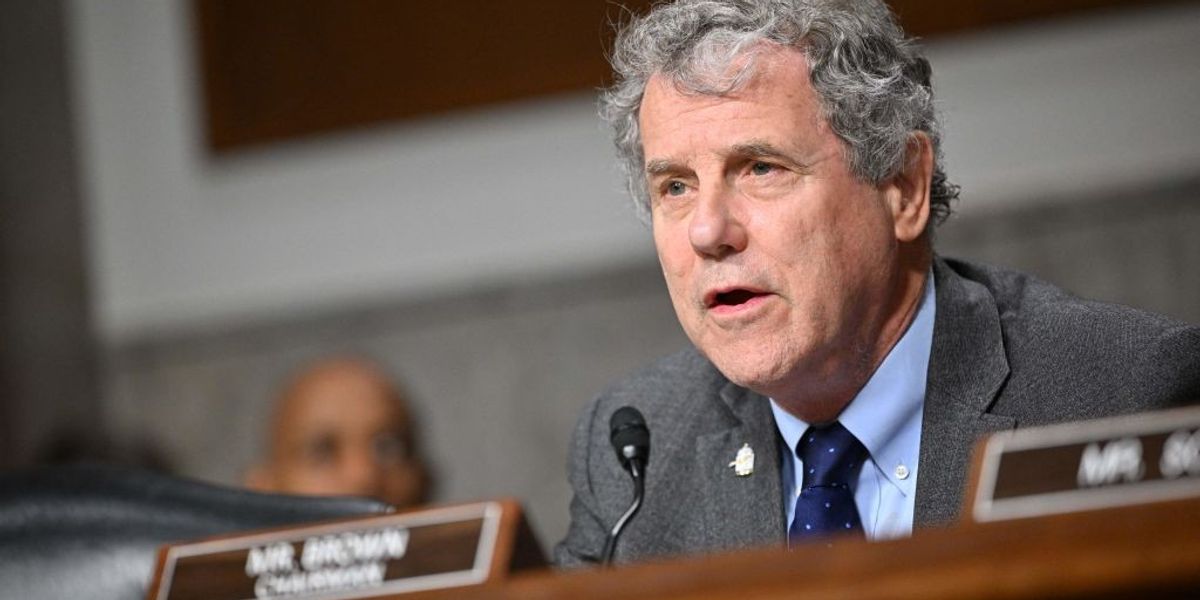



In a recent editorial by the South China Morning Post, the Hong Kong Consumer Council revealed alarming statistics about shrinkflation, a term used to describe the practice of reducing product sizes while maintaining the same price. The council's survey of 62 products from January 2021 to July 2024 found that 58 of these items had experienced size reductions of up to 30%. For instance, a popular cereal product saw its weight drop from 250 grams to 175 grams, marking a significant 30% reduction without any corresponding price decrease. Gilly Wong Fung-han, the council's chief executive, acknowledged the reasons behind these changes but stressed the importance of consumer awareness regarding such practices. The council is advocating for retailers to transparently disclose any size changes to help consumers make informed choices [79e19154].
This issue of shrinkflation is not isolated to Hong Kong; it has been a growing concern globally. In the United States, progressive policy experts recently testified at a Senate hearing on the implications of shrinkflation on consumers' finances. The hearing, titled 'Higher Prices: How Shrinkflation and Technology Can Impact Consumers' Finances,' highlighted how corporations have been reducing the size or quantity of products while keeping prices the same. A study by the Kansas City Fed indicated that corporate profits accounted for half of the price increases in 2021, with shrinkflation contributing significantly to the rising costs of essential goods like household paper towels [28cf41db].
As consumers face rising prices and reduced product sizes, the U.S. Senate has responded by introducing the Shrinkflation Prevention Act, aimed at regulating companies that engage in these practices and allowing civil actions against them. Senators Sherrod Brown and Bob Casey, who spearheaded this initiative, are pushing for greater accountability from corporations [fca4286f].
Consumer sentiment about the economy has also been affected, with many feeling disillusioned despite positive economic indicators. This disconnect is partly due to exploitative pricing practices by large corporations, which have been found to use consumer data to implement deceptive pricing strategies. Personalized pricing, surge pricing, and hidden fees have all contributed to a growing sense of frustration among consumers [c2297791].
The South China Morning Post's editorial emphasizes the need for consumer awareness and transparency in the retail sector, echoing sentiments expressed in the U.S. regarding the need for regulatory measures to combat shrinkflation. Countries like South Korea and France have already implemented measures to inform consumers about shrinkflation, highlighting the importance of proactive consumer protection [79e19154].